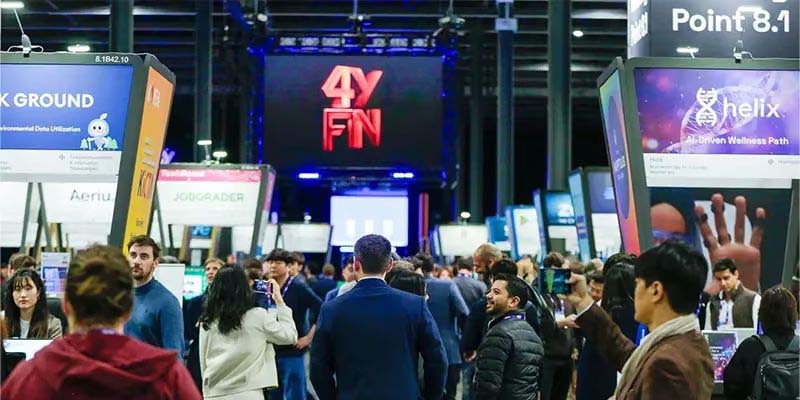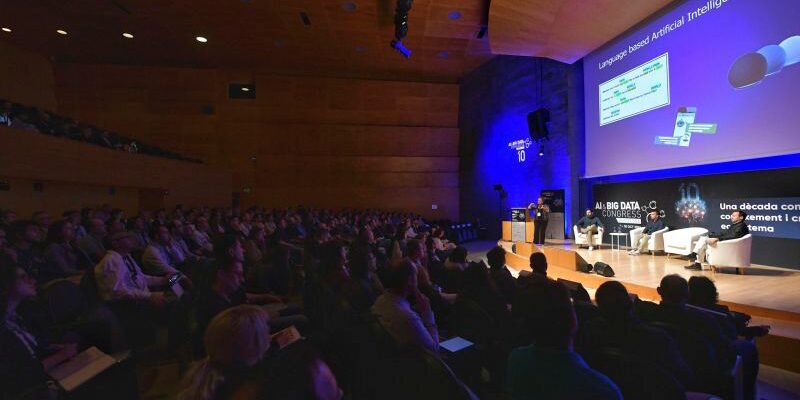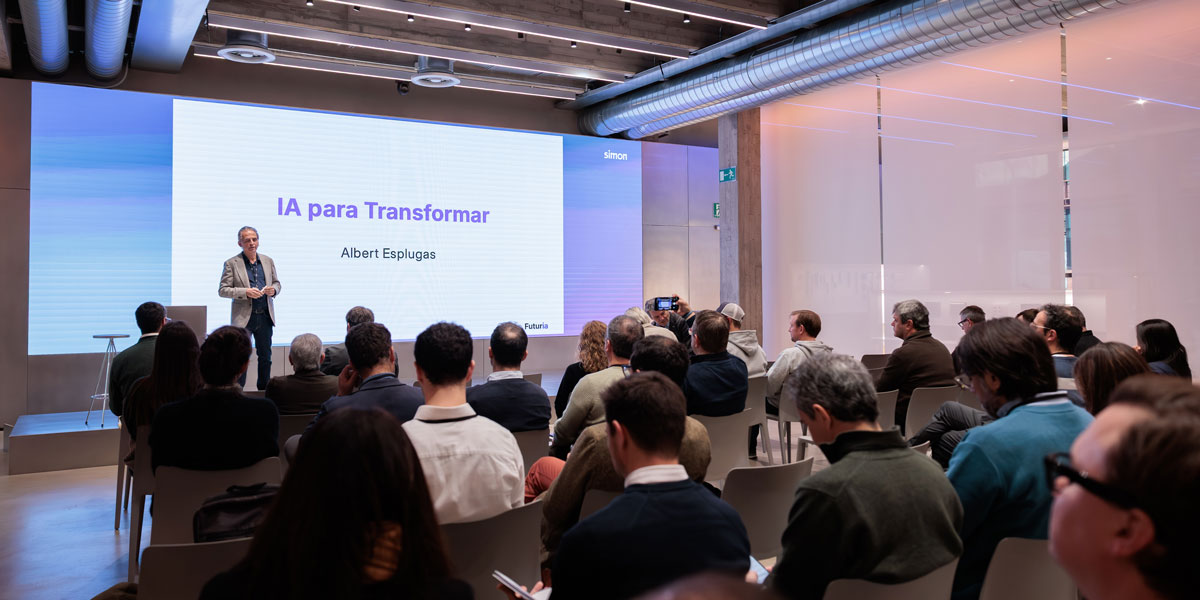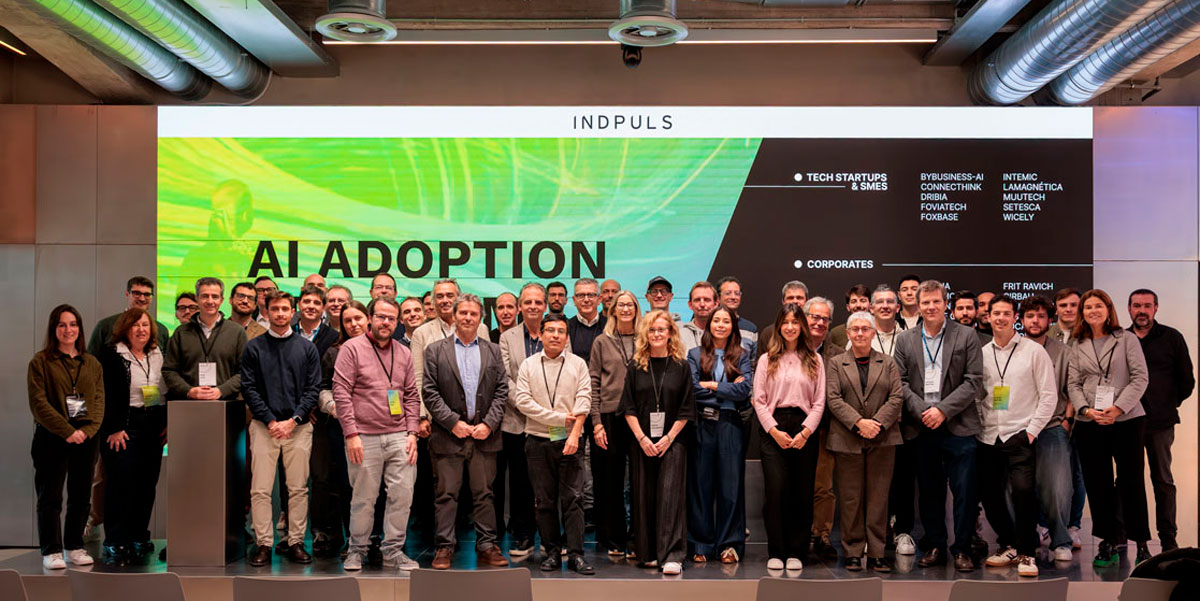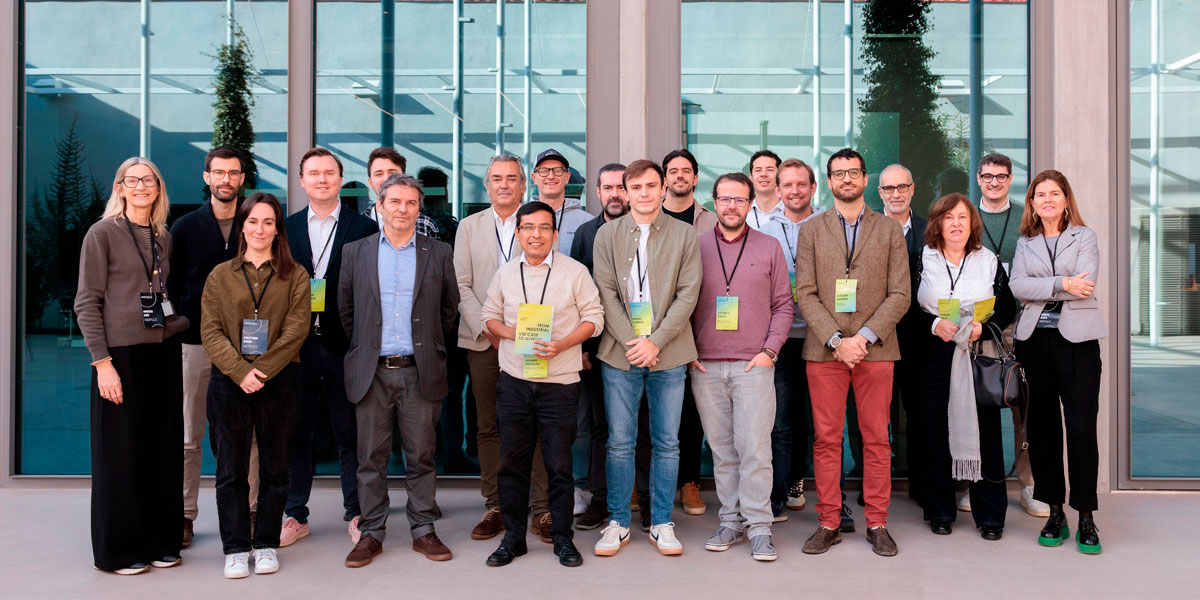Circularity, New Materials, and Traceability: Challenges of the second edition of our startup support program

Climate change and resource scarcity are driving the adoption of more sustainable business models, with a circular economy as a key focus. Circularity, new materials, and traceability are fundamental in this process, and startups are crucial in implementing innovative solutions. Collaboration between sectors and industries is essential for advancing sustainability, and these companies, through co-creation and strategic partnerships, are demonstrating that it is possible to generate both economic and environmental value simultaneously. In this context, the challenges selected for the second edition of ‘ACCELERATE YOUR GO TO MARKET’, the startup support program by INDPULS, are Circularity, New Materials, and Traceability.
The program, which began on June 7 and ends on September 20, offered the 10 participating startups a personalized itinerary, mentoring sessions, and management support, led by the Lead To Change team. The startups selected for this edition are:
ATOM H2, BIOFERRIC INK, BLUE ROOM INNOVATION, INTEMIC, KHEOOS, MUUTECH MONITORING SOLUTIONS, MYLIME, PACK2EARTH, SENSEFINITY, SIVERUS.
Circularity: Rethinking Production Cycles
The circular economy is redesigning how companies manage resources. Instead of the traditional linear model of “take, use, and dispose,” the circular economy seeks to keep materials in use for as long as possible, maximizing their value and minimizing waste. This approach requires innovation in both products and processes, as well as collaboration between industries.
ATOM H2 is a clear example of how startups can promote circularity through sustainable energy solutions. This company, driven by students from Elisava and IQS universities, has developed modular systems for the on-site generation and storage of green hydrogen. Its technology contributes to the decarbonization of industries by offering a clean energy source that can be easily integrated into various sectors.
On the other hand, BIOFERRIC INK has developed innovative solutions for water regeneration, a resource that is becoming increasingly scarce. Its compact industrial plant technology allows industries to treat water efficiently, adapting to the specific needs of each sector.
Meanwhile, MUUTECH MONITORING SOLUTIONS has launched Minerva, an industrial monitoring platform that helps companies reduce energy and water consumption. These tools are essential for increasing efficiency in production systems and reducing environmental impact while enabling companies to meet the growing regulatory requirements for sustainability.
New Materials: Innovation for a Sustainable Economy
New materials are transforming supply chains and product design. Biodegradable, recyclable, or low-impact materials are fundamental for closing production cycles and ensuring a circular economy. Collaborative innovation is key to accelerating these developments, especially between startups and established companies.
The startup PACK2EARTH has created compostable biomaterials at room temperature, ideal for packaging dry, semi-liquid, and liquid products. These solutions reduce reliance on single-use plastics and offer an alternative that can be easily integrated into current waste management systems.
Another innovative startup in this area is KHEOOS, a marketplace specializing in the reuse of spare parts. Its platform connects sellers and buyers of industrial parts, facilitating the reuse of components instead of manufacturing new ones. This not only reduces waste but also optimizes the use of existing resources, promoting circularity in industries such as manufacturing and automotive.
Traceability: Transparency and Control in the Supply Chain
Traceability has become a key element in ensuring sustainability in supply chains. Technologies that enable the tracking of products and materials from their origin to their final disposal not only provide transparency but also ensure that commitments to circularity and sustainability are verifiable.
Blue Room Innovation offers digital product passports and uses blockchain to ensure transparency in waste management. Its approach allows companies to track the journey of materials throughout the entire value chain, ensuring that sustainability standards are met.
Similarly, MYLIME offers blockchain-based traceability solutions for the automotive industry. Their digital passports ensure that parts and products meet sustainability and authenticity standards, facilitating reuse.
Blockchain certification ensures that product data cannot be tampered with, which is crucial for building a circular economy based on transparency.
SENSEFINITY, on the other hand, uses sensors and trackers to enhance visibility in supply chains, allowing for more detailed control of logistical assets. This technology helps companies better manage their resources, reducing waste and optimizing the use of materials.
INTEMIC, por ejemplo, ha desarrollado una plataforma SaaS basada en inteligencia artificial que optimiza la gestión de residuos, mejorando la eficiencia en los procesos industriales y promoviendo prácticas sostenibles.
Finalmente, SIVERUS ofrece una solución innovadora para garantizar el uso correcto de equipos de protección personal (EPP), mejorando la seguridad y el cumplimiento en entornos laborales. Esta tecnología no solo asegura la protección de los trabajadores, sino que también optimiza el uso de recursos, reduciendo el desperdicio asociado con equipos desechables mal utilizados.

